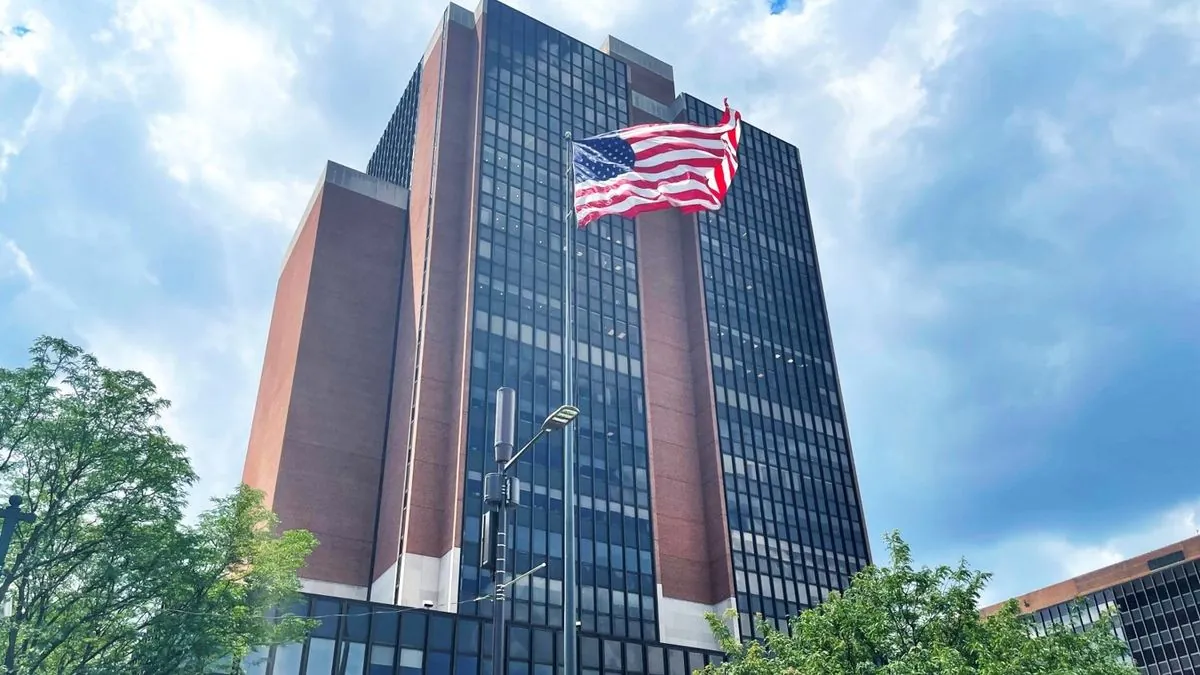Judge Rules Against Ex-Defender in Judiciary Harassment Case, Urges Reform
A federal judge dismissed a sexual harassment case against the U.S. judiciary but called for systemic reforms. The ruling highlights ongoing issues with handling workplace misconduct in the federal court system.

A federal judge has ruled against a former public defender in North Carolina who alleged mishandling of her sexual harassment complaint by U.S. federal judiciary officials. The decision, delivered on August 9, 2024, underscores the ongoing challenges faced by judiciary employees in addressing workplace misconduct.
Caryn Strickland, who worked in the Federal Public Defender's Office from 2017 to 2019, failed to prove that her constitutional rights to equal protection and due process were violated, according to U.S. District Judge William Young. The ruling came after a non-jury trial in Asheville, North Carolina, focusing on the judiciary's handling of workplace misconduct complaints among its approximately 30,000 employees.
The case highlights a significant issue: unlike most workers in the United States, federal judiciary employees are not protected by standard workplace discrimination statutes. This lack of protection has led to calls for reform, with Strickland being one of several former judiciary employees who testified before Congress in 2022 in support of legislation to enhance judicial employees' rights.
Judge Young, while ruling against Strickland, acknowledged the need for systemic changes. He stated that her career suffered and her public service was lost after making a "good faith" claim of sexual harassment, describing this as an "inconvenient truth."

The lawsuit, filed in 2020, centered on Strickland's allegations against her direct supervisor, J.P. Davis. She cited a May 18, 2018 email from Davis that she characterized as a "quid pro quo" offer to help her career in exchange for unspecified favors. Strickland claimed that her complaint was met with deliberate indifference and that the handling of her case through the 4th U.S. Circuit Court of Appeals' employment dispute resolution system was flawed.
Despite finding flaws in the investigation process, Judge Young determined it was not a "sham" probe. He ruled that while the top federal defender displayed hostility to Strickland's claims, this was not due to gender bias and had limited impact on the resolution of her complaints.
The judge emphasized the need for reform in the judiciary's handling of sexual harassment complaints, suggesting that judges should be involved earlier in the process. "If we judges are serious about sexual harassment, we must own the process," Young wrote in his 285-page ruling.
This case sheds light on the broader issues of workplace rights and protections within the federal judiciary. As the Administrative Office of the U.S. Courts studies the judge's recommendations, the outcome may influence future policies and procedures for addressing misconduct within the federal court system.
"That she is without redress under the present legal framework cannot be a cause for congratulation on the part of federal judges or administrators."
The ruling serves as a call to action for the judiciary to reassess its internal processes and consider implementing stronger protections for its employees. As discussions continue in Congress about potential legislation to address these issues, the case of Caryn Strickland may prove to be a catalyst for meaningful change in how the federal judiciary handles workplace misconduct allegations.


































